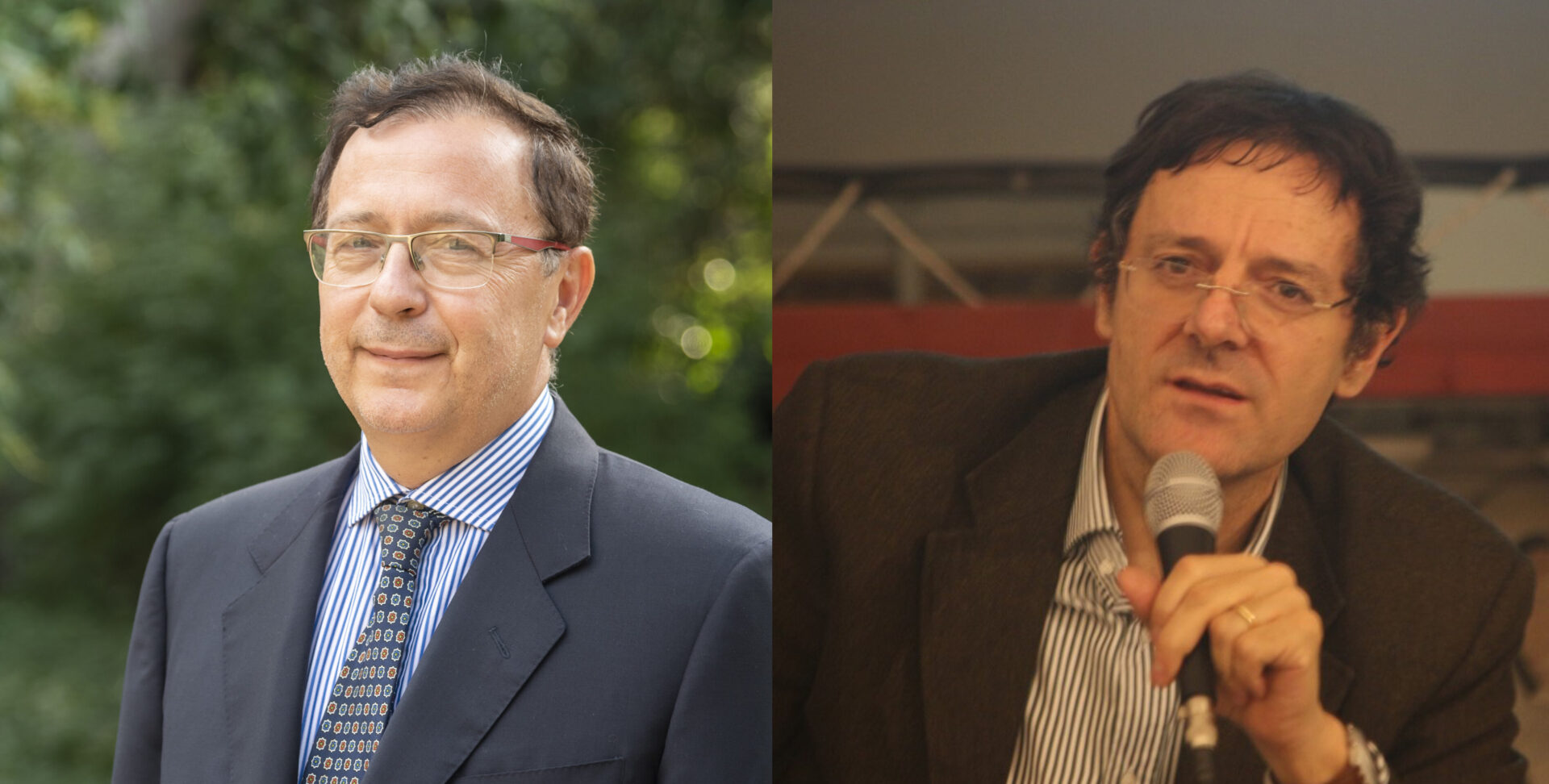The deadly connection between pollution and COVID19: a turning point for the Mediterranean region
By Grammenos Mastrojeni, Union for the Mediterranean Deputy Secretary General and Leonardo Becchetti, professor of Economics
When faced with an ever-changing and faceless adversary, how is public policy to respond? The pace at which the COVID-19 pandemic is developing continues to leave policymakers struggling with this question. There exists more than just a deadly connection between the virus and the equally pervasive pollution that plagues our towns and cities, and devastates our natural habitats, on land and at sea. Beyond the countless deaths caused by both, clear lessons can be taken from this crisis and act as a guide now and in the future as we tackle others.
Global pandemics, climate change and pollution may move in accordance with set patterns, but they cannot be contained by national frontiers. Any international response must look to include everyone, for any individual nation left behind creates a potential weak link for all. For this reason, we applaud the European Union’s Green Deal for its scope, ambition and success in bringing on board the entire EU bloc. The wider Euro-Mediterranean area, with its own unique and acute challenges regarding health and the environment, must follow a similarly comprehensive model, whilst never forgetting that the asymmetry that exists between resource and capacity distributions will require different kinds of commitment from all players involved.
Just as health professionals have led the fight against COVID-19 and epidemiological experts have influenced decision-making, this current pandemic must represent a new norm. Scientists and the research they conduct needs to be at the heart of policy development.
They have already demonstrated the deadly link between pollution and COVID-19 that needs to be considered when we plan our response. Long-term exposure to harmful particulate matters caused by pollution, namely PM10 and PM2.5, leads to adverse outcomes amongst citizens with common respiratory diseases. COVID-19 has been proven to specifically trigger respiratory diseases putting these patients in one of the groups most at risk. Preliminary empirical evidence based on 3,000 recorded cases across Italy identified a significant correlation between long-term exposure to particulate matter and the spread of COVID-19 contagions and deaths. Similar evidence has been put forward by a Harvard study on around 3,000 US counties.
The Mediterranean is no exception and the need for a regional approach is essential if it is to combine two of the lessons that have been reinforced during the current crisis: the importance of being united in both commitment and a reliance on scientifically driven solutions. Fortunately, progress here is already being made as the Union for the Mediterranean (UfM) is providing the space and the forum to first agree and then act on the region’s most pressing environmental priorities with integrated, long-term strategies.
Warming 20% faster than the global average, according to the first-ever scientific report on the impact of Climate change in the Region developed by MedECC with the UfM support, the Euro-Mediterranean region has now also unfortunately become one of the epicentres of the COVID-19 outbreak. Around 94% of primary and secondary particulate matter emissions emanate from human activity and in particular from our choices regarding heating, transportation, energy sources, heavy industry and agricultural production. If we want to create resilient societies after the pandemic, we must attain strong fiscal support for green investment – dematerialisation, digitalisation, energy efficiency – starting with the most severely hit and more polluted areas that are disproportionately home to the least affluent communities.
Air pollution is estimated to cause around 7.2 million deaths per year, 1.6 million of which are from pneumonia. But these figures also reflect a cruel link between environmental degradation and injustice: about 90% of pollution-related deaths occur in regions with low or middle incomes. Just as COVID-19 has reminded us that our region is only as strong as its most defenceless citizens, our resolution to tack pollution must recognise the same.
References
Becchetti, Leonardo and Conzo, Gianluigi and Conzo, Pierluigi and Salustri, Francesco, Understanding the Heterogeneity of Adverse COVID-19 Outcomes: the Role of Poor Quality of Air and Lockdown Decisions (April 10, 2020). Available at SSRN: https://ssrn.com/abstract=3572548 or http://dx.doi.org/10.2139/ssrn.3572548
Pope, C. A., Dockery, D. W., & Schwartz, J. (1995). Review of epidemiological evidence of health effects of particulate air pollution. Inhalation toxicology, 7(1), 1-18.
Xiao W.M. et al. (2020) Exposure to air pollution and COVID-19 mortality in the United States, memo

Grammenos Mastrojeni
Union for the Mediterranean Deputy Secretary General
Leonardo Becchetti
professor of Economics
